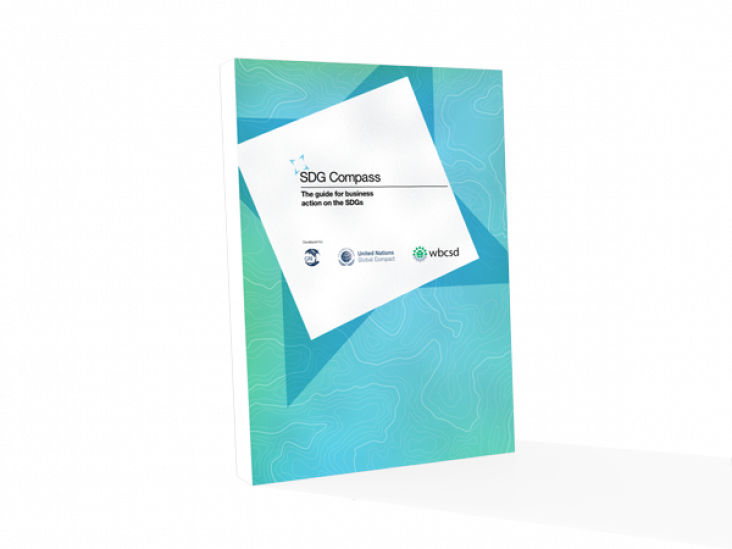
The Business Case for Carbon Neutral Cities session was hosted by UNEP and Sustainable Energy for All in collaboration with the Danish Ministry of Foreign Affairs, the Swedish Trade and Invest Council and Empower, the largest district cooling operator in the world. Held at La Galerie des Solutions (by World Efficiency Solutions), an exhibition of climate solutions, that took place during the COP21, in immediate proximity to the negotiations zone.
Partner content
United Nations UniversityUnited Nations University, November 2015.
Contributing to SDGs 16 (Peace, Justice and Strong Institutions) and 17 (Partnerships for the Goals), this policy report explores collaboration opportunities between penal policy, public health, development and human rights in preparation to discuss at the 2016 United Nations General Assembly on the World Drug Problem.

The Business for the Rule of Law Framework (B4RoL) was launched by the UN GC in June 2015, building on the work started by LexisNexis Legal & Professional and the Atlantic Council in 2013. The B4RoL Framework is a call to action and guide for businesses around the world in taking proactive, voluntary actions to support the rule of law in everyday operations and relationships. Engaging business in the rule of law is critical to SDG 16.3 to promote the rule of law at the national and international levels and SDG 17 Partnerships for the goals.
Partner content
United Nations UniversityUnited Nations University, April 2015.
Contributing to SDGs 3 (Good health and Well-being) and 17 (Partnerships for the Goals), this concept note explores what a public health approach to global drug policy means in practice.
This report demonstrates how companies can help to advance all 17 SDGs by operating responsibly in alignment with universal principles and finding opportunities to innovate to address societal challenges. Through a commitment to the UN Global Compact, companies are taking the first step to contribute to achieving the SDGs and have access to a range of tools to scale up their efforts.
This report sets out five defining features of corporate sustainability, which the Global Compact asks businesses to strive towards – looking at why each element is essential, how business can move forward and what the Global Compact is doing to help. It aligns with most of the SDGs but primarily goal 8 on decent work and economic growth and goal 17 on partnership for the goals.

The SDG Compass guides companies on how they can align their strategies as well as measure and manage their contribution to the realization of the SDGs. The SDG Compass presents five steps that assist companies in maximizing their contribution to the SDGs: understanding the SDGs, defining priorities, goal setting, integrating sustainability and reporting.
Linking to Goals Goal 2, 6, 12, 15, 17, these guidelines respond to the integrity challenges facing water stewardship initiatives (WSIs). Access quality management processes and a suite of practical tools via the questions and practical framework below in order to ensure high levels of integrity and transparency in your WSI.
Linking to Goal 16 and 17, this report aims to assist companies in implementing responsible business practices in conflict-affected and high-risk areas consistent with the Global Compact Ten Principles.
